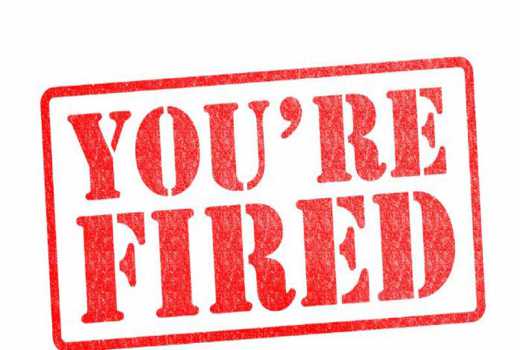×
The Standard e-Paper
Fearless, Trusted News

President Uhuru Kenyatta’s Friday partial Cabinet announcement has once again exposed the drama, style and mystery that surround appointments and sackings of State officers in successive regimes since independence.
Each of the past Presidents -- from Mzee Jomo Kenyatta, through Daniel arap Moi to Mwai Kibaki and now Uhuru -- the manner of hiring and firing have followed an interesting pattern, with each wielding his own peculiar style.